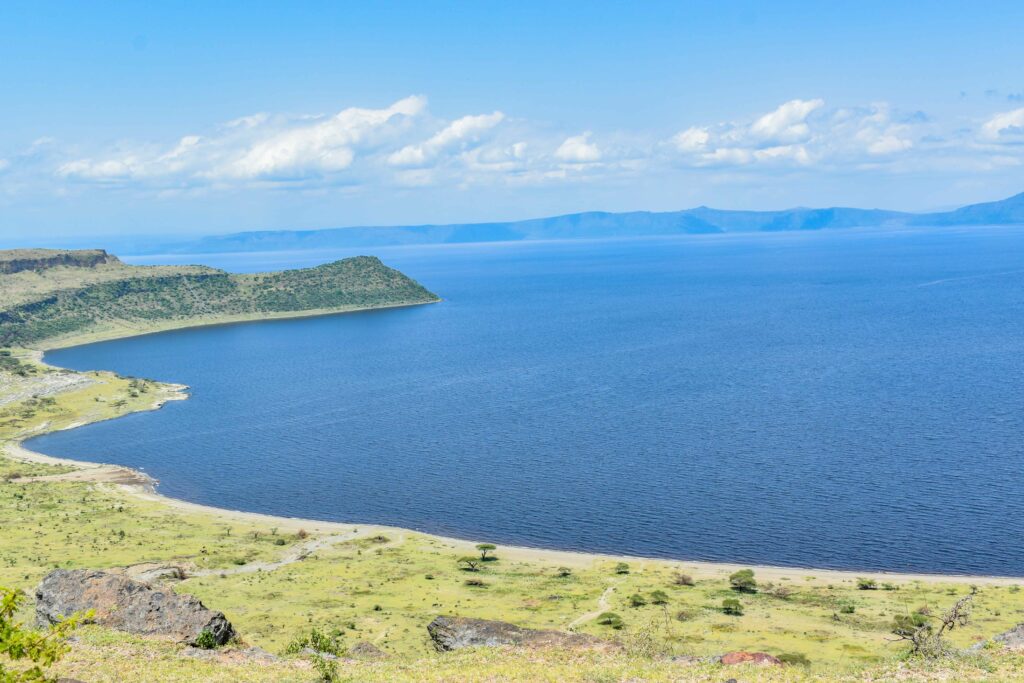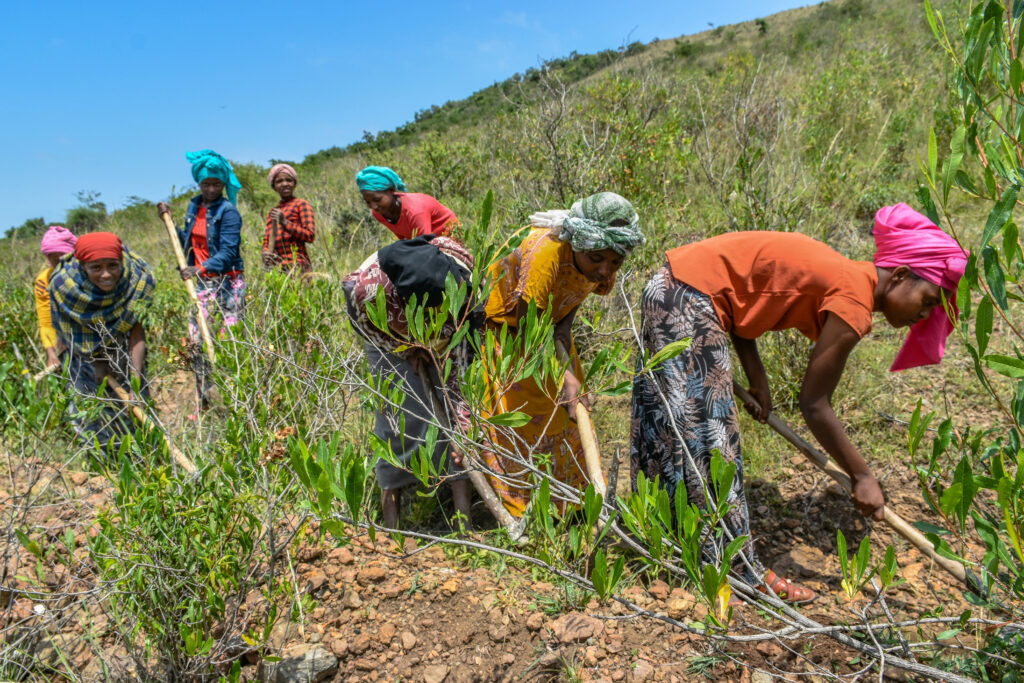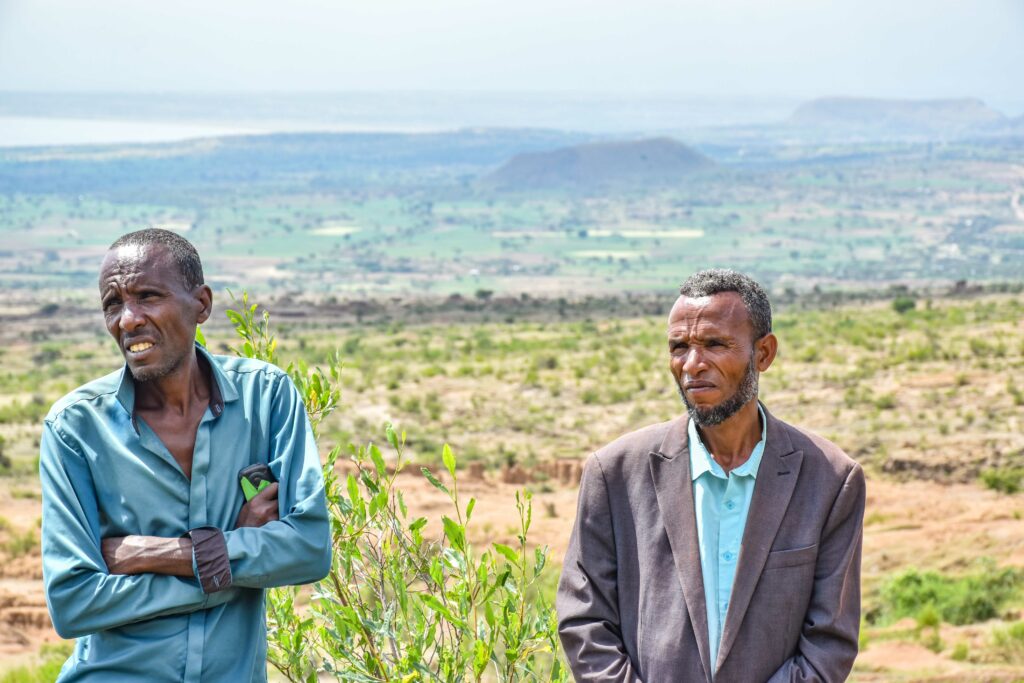
World Health Day: Our work on water, sanitation, and hygiene (WASH)
-
Water
-
Rivers & Lakes
World Health Day is observed every year on April 7. Access to clean water is a fundamental human right and a cornerstone to a healthy life. Yet 2 billion people lack access to safe and reliable water sources. Water insecurity is driven by multiple factors like poor management, increased demand from a growing population, and climate change. Climate change is, in fact, exacerbating the problem. Frequent and severe droughts, floods, and other extreme weather events are threatening water availability and quality like never before.
In response to this, Wetlands International Ethiopia has been implementing the climate-resilient WASH SDG Programme in the West Arsi Zone of Negele Arsi woreda, Gubtata kebele, in Oromia regional state, Ethiopia. Climate-resilient WASH projects highlight the need for healthy ecosystems, especially wetlands, to provide for clean water.

Since 2017, over 250 hectares of highly degraded catchment of the Abijata-Shalla sub-basin has been restored with 5,850 seedlings planted. Soil and water conservation measures such as planting different trees, mulching, and creating contour bunds, terraces and check dams were undertaken. To increase the carbon content of the soil, gullies were filled up and livestock grazing schemes were developed. The catchment restoration measures helped to improve the quantity and quality of water for the community living downstream. A multitude of environmental benefits were also realised such as improved rainwater infiltration and reduced sedimentation.
To ensure the sustainability of these efforts, a Community-Based Organization (CBO), with 206 members was established to oversee catchment management. The CBO has received training on catchment treatment, including watershed and water resource management, bio-physical soil and water conservation, and seedling plantation.

The project also involved the construction of four water kiosks, which serve as distribution points for clean water. These kiosks have already reached over 3,500 people through multi-village water supply schemes. In addition to these kiosks, a 1.5-hectare demo garden was established. The garden features a variety of fruit seedlings, promoting sustainable agriculture and food security. While collecting safe water from a kiosk, communities can get practical insights on how to grow fruits and how to collect and use rainwater for dry periods. Four Water, Sanitation, and Hygiene Committees (WASHCOs) are responsible for managing the water kiosks, and members of these committees have received training on water management and maintenance of the system.

Through improved catchment management, sustainable agriculture, and the establishment of WASHCOs and CBOs, the Climate Resilient WASH project has laid the foundation for long-term resilience and sustainability. Best practices and lessons learned have also been shared with other stakeholders in the water and sanitation sector. While there is still much work to be done to ensure universal access to clean water, initiatives like this demonstrate the potential for innovative solutions to address complex challenges. To learn more about this programme, please reach out to [email protected].
